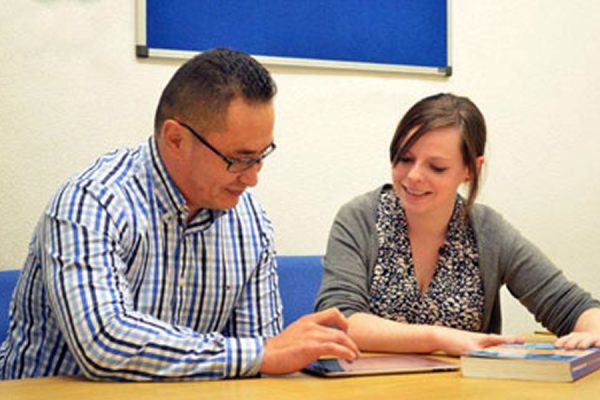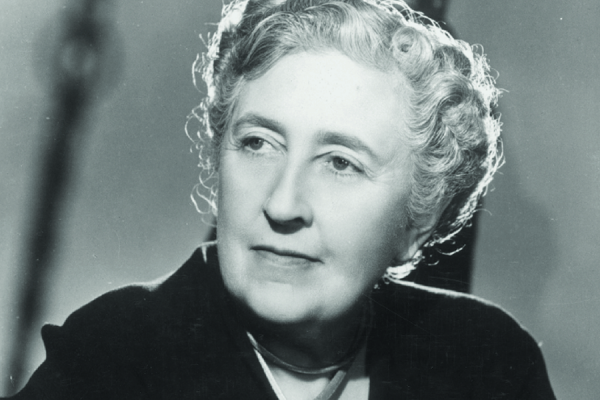
Have you ever thought of your brain as a muscle? The more you train it, the stronger it gets. Just like in the gym, the more exercise you do, the stronger you get!
According to Carol Dwecke, a Stanford University Psychology professor, people generally hold one of two beliefs about their abilities. People with a “fixed mindset” believe their basic abilities, their intelligence and their talents are just fixed traits. They have a certain amount and that’s that, and then their goal becomes to look smart all the time. On the other hand, people with a “growth mindset” understand that their talents and abilities can be developed through effort and persistence. They believe everyone can get smarter if they work at it.
Dwecke´s studies have had profound effects on the way people learn and what motivates them. For example, let´s take the two different approaches proposed by Dwecke in two scenarios of dialogues between the same teacher and the same student:
| FIXED MINDSET |
Student: “I am not good at English!”
Teacher: “That´s OK, maybe English is not one of your strengths.”
| GROWTH MINDSET |
Student: “I am not good at English!”
Teacher: “If you catch yourself saying, “I´m not good at English”, just add the word yet to the end of the sentence.”
In the first dialogue, the teacher is reinforcing the student´s belief whereas in the second one, the teacher is encouraging him/her to try harder and perhaps saying “one day you will get there”.
Dwecke also raises another point when a student complains that something is hard (e.g. English). If the teacher responds by saying “don´t worry, you´ll get it if you keep trying”, the learner may continue using the wrong strategy and may feel inept if their efforts are fruitless. Whereas, if the teacher says “that feeling of English being hard is the feeling of your brain growing”, the student may reflect and perhaps be challenged by this idea.

There is a lot of food for thought when considering these two approaches. It gives us the opportunity to reflect on our speech as teachers, learners, parents and all the other roles we play in society. Have you ever considered if the words you use with someone are encouraging them or making them stagnant?
As teachers , we can stimulate our students to be more independent learners by challenging them to exercise their brain more. The more exposed to a language the better (listening to the radio, watching series, films, reading books, doing grammar and vocabulary exercises). The better they get, the more confident and the more grateful they will be to you for challenging them!
Here is a nice video about Mindset growth and Steve Jobs: https://www.youtube.com/watch?v=ElVUqv0v1EEJane Godwin Coury is author of Exercícios para falar melhor em inglês (http://www.disal.com.br/detalhes/index.asp?codigo=503952.5) and Four Short stories to use in the ELT classroom (https://www.smashwords.com/books/view/587804).




